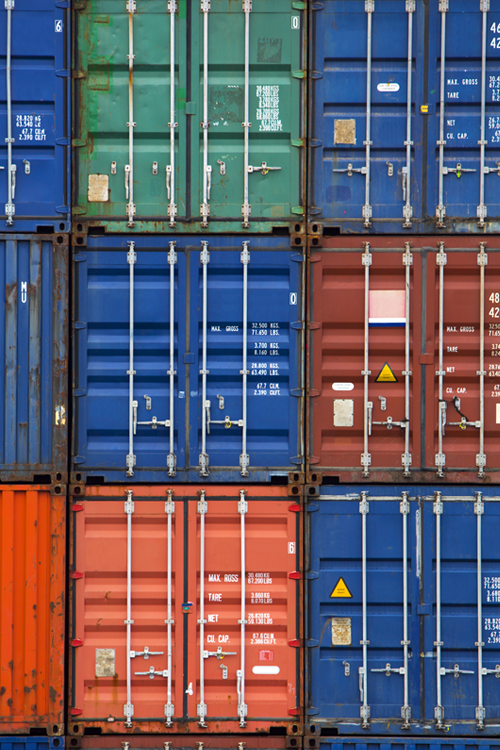The US Federal Maritime Commission (FMC) voted 3-2 on Tuesday in favour of a report on port competitiveness critical of Canadian ports.
The FMC had issued a Notice of Inquiry (NOI) on 8 November 2011 seeking input from stakeholders on factors contributing to a shift in containerized traffic bound for US destinations to Canadian or Mexican ports. The NOI was issued in response to a call from Congress, which was acting on complaints from two Washington State Senators that Canada was undermining US Ports.
Canada made an official submission to the FMC, noting that while the US$488 billion in bilateral trade is the world’s largest trading relationship and that Canada’s ports operate in a competitive environment. One estimate indicates only 2.5% of US bound traffic transits through Canadian ports.
The FMC, on the other hand, highlighted the fact that cargo entering US harbours is subject to a harbor tax that is not imposed on cargoes coming through Canada; Canadian ports charge user fees for port maintenance, not a tax.
According to one BC newspaper, the real issue is the success of the port at Prince Rupert BC,which opened five years ago at a cost of $170 million including $60 million in provincial and federal subsidies. West Coast Canadian ports enjoy shorter transit routes to Asia as compared to their more southerly US cousins. The paper quoted Andrew Mayer, an official at the Prince Rupert Port Authority, who indicated that cost was not a big factor in shipper choice: “Their primary concerns are speed, reliability and efficiency. Shippers do not choose Prince Rupert because of costs,” he said in June.
The approval means the report will be submitted to Congress, where lawmakers will consider imposing a levy on all such containers, a move that would certainly add unnecessary cost to doing business over the world’s longest undefended border as well as stoking fears of an increasingly protectionist America.




